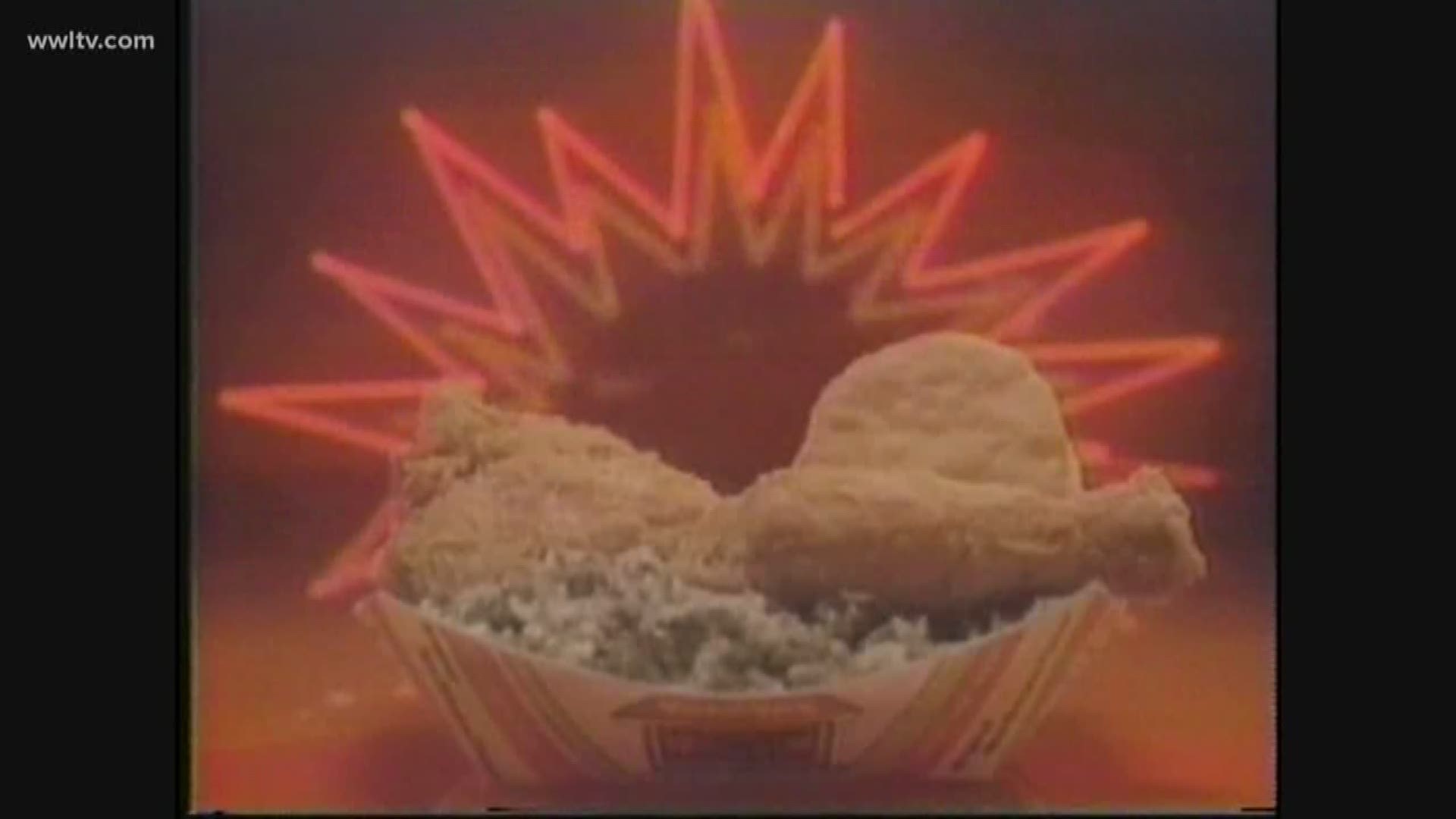ARABI, La. – When you think of Arabi, you probably think of Domino Sugar, which has been operating in the city since 1906.
Domino Sugar is about 1.7 million square feet “under roof” and employs more than 400 people, with another 30 to 50 contractors on site at any point in time. There were originally two smaller refineries on Canal Street in the Decatur area, but the company outgrew those locations.
“The demand for sugar exploded with technology that made it less expensive,” refinery manager Derwood Brady said. “So the company that owned those American Sugar purchased this and built it as the largest sugar refinery in the world at that time.”
Domino Sugar operates all over the world, but the plant in Arabi is still the perfect location.
“Located near the cane fields. Seventy percent of all the raw sugar we refined comes from Louisiana. So it’s ideally located to be a source of raw sugar. Access to the Mississippi River so we can more sugar easily in and out,” Brady said.
There wasn’t much in St. Bernard Parish before the sugar refinery and the Crescent City Stockyard and Slaughterhouse moved here. You can still see part of the original slaughterhouse that moved to Arabi in the 1870s when stockyards were no longer permitted in New Orleans city limits.
The "St. Bernard Voice" is the local newspaper that was founded in 1890 and is still being published today. In fact, it’s located in the same building, but the building itself had to be moved in 1912 when the Army Corps of Engineers moved the levee back.
William Roy is the “editor Emertis.” His grandfather founded the paper at just 20 years old.
“The paper had to be hand fed and we used to, my sisters and I, my daddy and my mother, we'd all sit-down and fold the paper,” Roy said.
Friscoville Avenue was a very popular place in the early 1900's. At that time, there was a ban on gambling in the city limits of New Orleans so people came to Arabi. The area was easily accessible by the Canal Street Car line.
Arabi is also known as the birthplace of Popeye's Chicken. Al Copeland had an American dream in a small Louisiana town. He saw there was an opportunity in the chicken business and came up with his own spicy recipe.
Business associates said spicy chicken would never work because families buy chicken and kids wouldn’t like it. So he first tried a traditional recipe in 1972 as “Chicken on the Run.”
It wasn’t successful, so a few months in “with nothing to lose,” Copeland tried his spicy recipe.
“He said, ‘before I go out of business and I don’t fulfill my chicken dream, I’m going to try Popeyes’ and here we are,” Al Copeland Jr. said.
Al Copeland Jr. was 9 years old, helping his father start what would become a world-wide fast food chain.
“It was a real street hustle, at the red light with flyers getting people to try it,” Al Jr. said.
The original Popeye's restaurant was lost in Hurricane Katrina, but the property is still there. Al. Jr. is trying to donate the land to Arabi, he reached out two years ago and hasn’t really heard back.
“I hope one day it develops into something worthy of what it was. That’s my only dream for it and I’m willing to help support in that measure.”
Al. Jr. says he sees it as a 3-way partnership with him, Arabi officials and Popeye's. He’d like the lot to be developed to memorialize his father or commemorate Popeye's.

